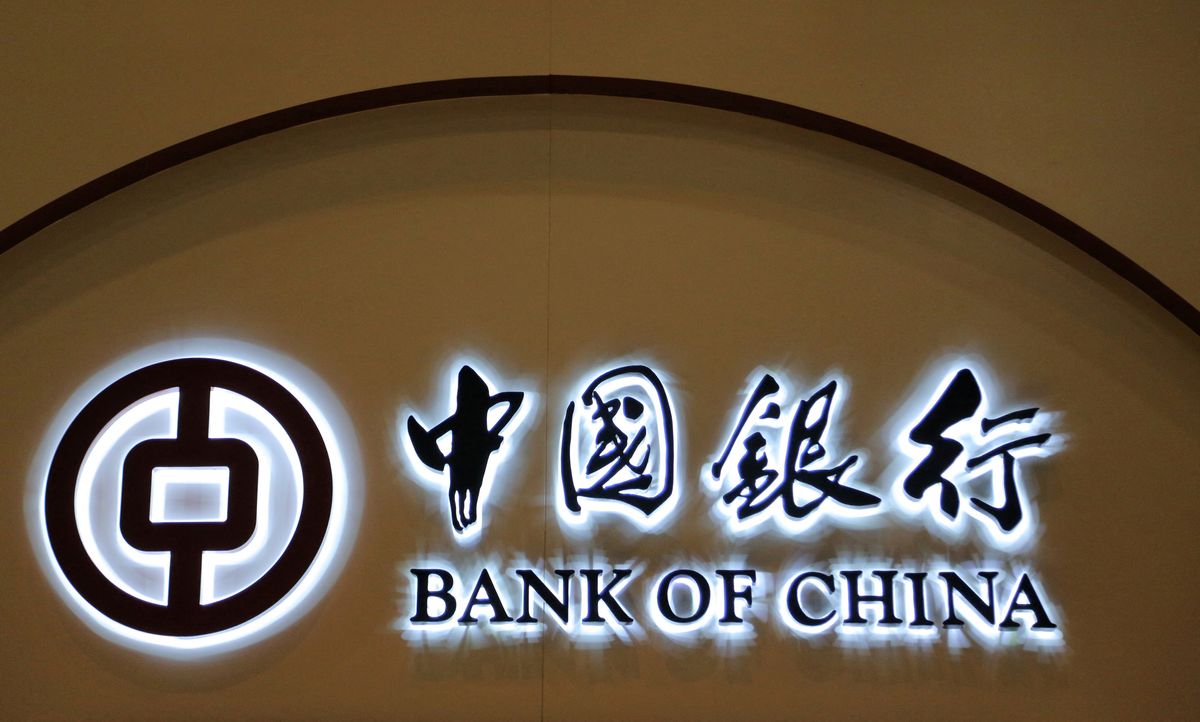Bank of China's BOCI launches digital structured notes on the Ethereum blockchain
BOCI has made another major move in Hong Kong's crypto scene.

A few minutes every morning is all you need.
Stay up to date on the world's Headlines and Human Stories. It's fun, it's factual, it's fluff-free.
The backstory: As we previously covered, while crypto trading is banned in mainland China, Hong Kong wants to be a major player in the crypto world and has been making moves to achieve that. Last year, the banking regulator in Hong Kong stepped up to the plate and created a guide to help banks assess the risks tied to money laundering and terrorist financing when dealing with virtual asset service providers. It's all about supporting the banks in navigating this new landscape.
Since then, some big shots like KuCoin, Gate.io and Huobi are actually packing their bags and relocating their headquarters from Singapore to Hong Kong. Why? Because Singapore started tightening the reins on crypto, while Hong Kong is becoming a haven for these crypto companies.
More recently: In February, the Hong Kong government rolled out tokenized green bonds worth HK$800 million (around US$102 million). Green bonds are basically investments into sustainable and eco-friendly projects, and tokenizing them makes them easy to sell digitally. It was the first tokenized green bond issued by a government, and the Hong Kong-based Bank of China International Holdings (BOCI), the global investment arm of the mainland’s Bank of China, played a significant role in making it happen.
Then in March, major state-owned Chinese banks like the Bank of China and Bank of Communications reportedly started offering banking services to local crypto companies. This was a big deal because it's usually challenging for crypto firms to get traditional banking services.
And just a few weeks ago, Hong Kong dropped some new rules for regulating crypto to protect retail investors, requiring exchanges to get licenses if they want to serve customers in the city. That means retail investors in Hong Kong (but not in the mainland) can buy tokens from these licensed exchanges. But still, investors are limited to large-cap tokens that are pretty well-established, which is another step to protect investors from market volatility.
The development: BOCI has made another major move in Hong Kong's crypto scene, launching 200 million yuan (around US$28 million) worth of digital structured notes on the Ethereum blockchain. Now, why is this such a big deal? Well, this makes BOCI the first-ever Chinese financial institution to introduce a tokenized security in Hong Kong.
So, what's a tokenized security? It's basically an investment, but it’s digitally represented, and the transactions are happening in a ledger on a blockchain. BOCI teamed up with UBS, a Swiss investment banking company, to execute this, and it's all tailored for their clients in the Asia-Pacific region. UBS had already issued a tokenized security worth US$50 million in December, so the bank has some experience under its belt. This move falls right in line with Hong Kong's plan to become a major crypto hub.
With many countries tightening the rules on crypto, mainland China banning it outright and the US having unclear regulations causing problems between its regulator and crypto companies, Hong Kong is becoming a pretty attractive place for crypto firms to set up camp. In fact, one Hong Kong lawmaker sent a direct shout-out to companies, like Coinbase (which just got sued by the US securities regulator) to head over to Hong Kong for a steadier home base of operations.
Key comments:
“We are driving the simplification of digital asset markets and products,” said BOCI’s deputy chief, Ying Wang, in a statement. “We are encouraged by the evolution of Hong Kong’s digital economy and are committed to promoting the digital transformation and innovative development of Hong Kong’s financial industry.”
“Working together with UBS, we are driving the simplification of digital asset markets and products for customers in Asia Pacific through the development of blockchain-based digital structured products, designed specifically for customers in Asia Pacific," said Ying.
"Hong Kong will benefit tremendously," said a spokesperson for the Hong Kong Monetary Authority in March. "But questions remain whether the geopolitical climate will deter non-Asian projects to bank with Chinese banks."





Comments ()